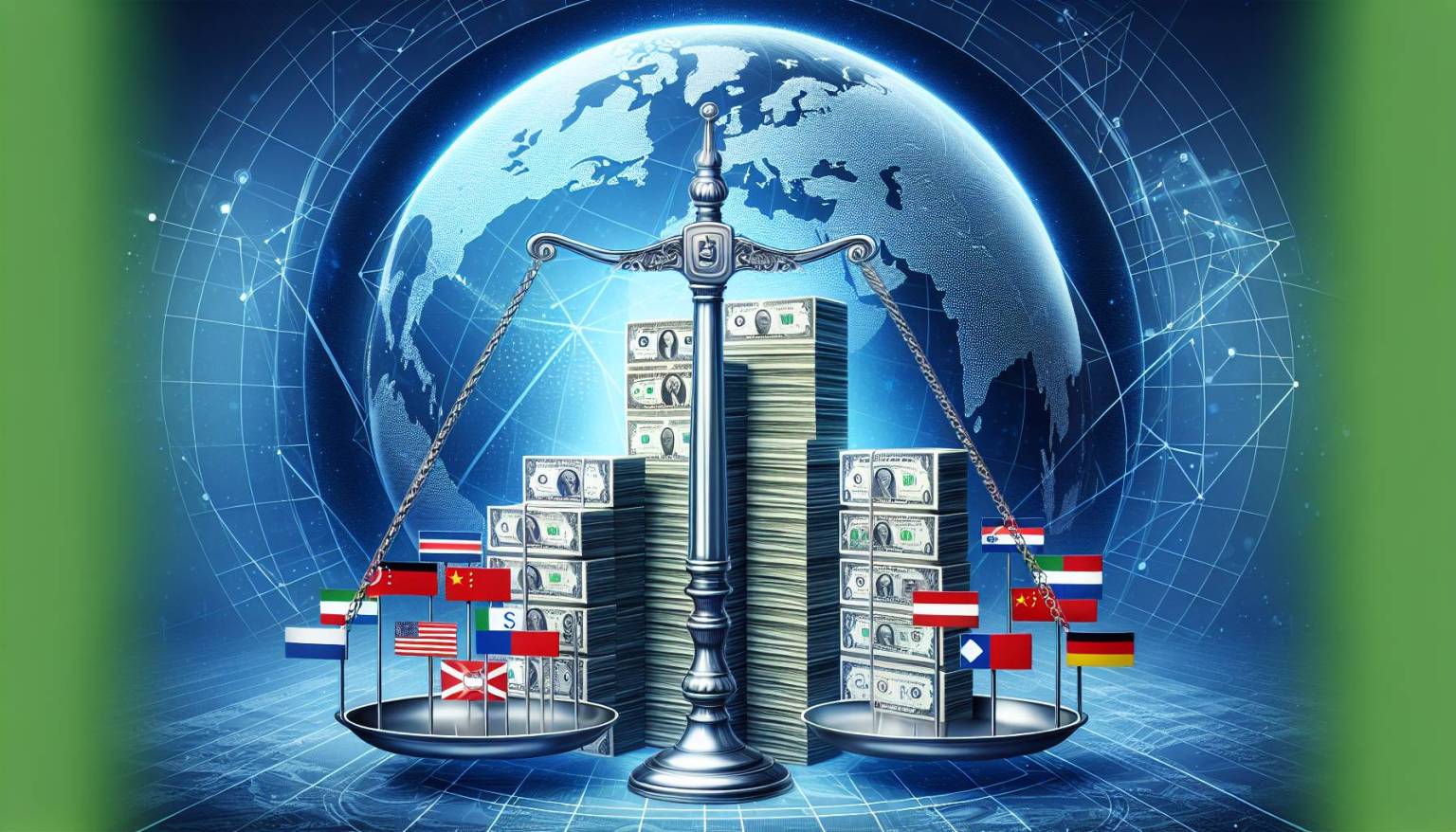The recent U.S. Dollar increase has caught the attention of global economic platforms due to its effect on other currencies, including the Japanese yen which is now on intervention alert. Institutions and investors are cautiously observing the market while preparing for potential shifts. The currency changes don’t just impact exchange rates, they also play a role in international trading and global economic balance.
Actions are being taken to minimize potential harm, with the Bank of Japan stepping in to stabilize yen volatility. Sensitivity in foreign exchange markets prompt the need for strategic planning and instant responses to maintain global financial equilibrium. Unquestionably, the potential consequences of dollar and yen fluctuations necessitate carefully watchful eyes from stakeholders globally.
Ismail Ibrahim, an Iraqi farmer, has switched from traditional date palm cultivation, now opting for “sidr” or jujube trees in the face of the ongoing water crisis. The promising results propound that adaptation strategies towards environmental crises can lead to economic viability and prosperity. The shift to drought-tolerant crops could provide both agricultural sustainability and food security in the region.
Despite uncertainty, worldwide bond and equity markets remain optimistic, balancing concern and enthusiasm over reductions in interest rates by significant central banks.
Global responses to rising dollar
The markets ended the first quarter positively, suggesting more significant shifts among investors. Investors now prioritize factors such as potential impacts of trade wars and global politics while making their investment decisions.
Market dynamics in the Middle East, particularly in Saudi Arabia, is looking promising. Government figures showcase a 16% rise in foreign direct investment (FDI) in the last quarter of 2023, increasing confidence among international investors. This can be attributed to strategies like economic diversification and governmental policies like privatization of state-owned entities and introduction of new foreign investment laws.
The prevalence of emerging markets offers opportunities and challenges for the global economy. Their impact influences economic policymaking, employment patterns, and shifts in power balance between nations. The connection between politics, technology, and economics shapes the strategic decision-making in global business. Therefore, understanding and effectively adapting to them becomes essential for businesses to thrive in a rapidly evolving economic environment.

